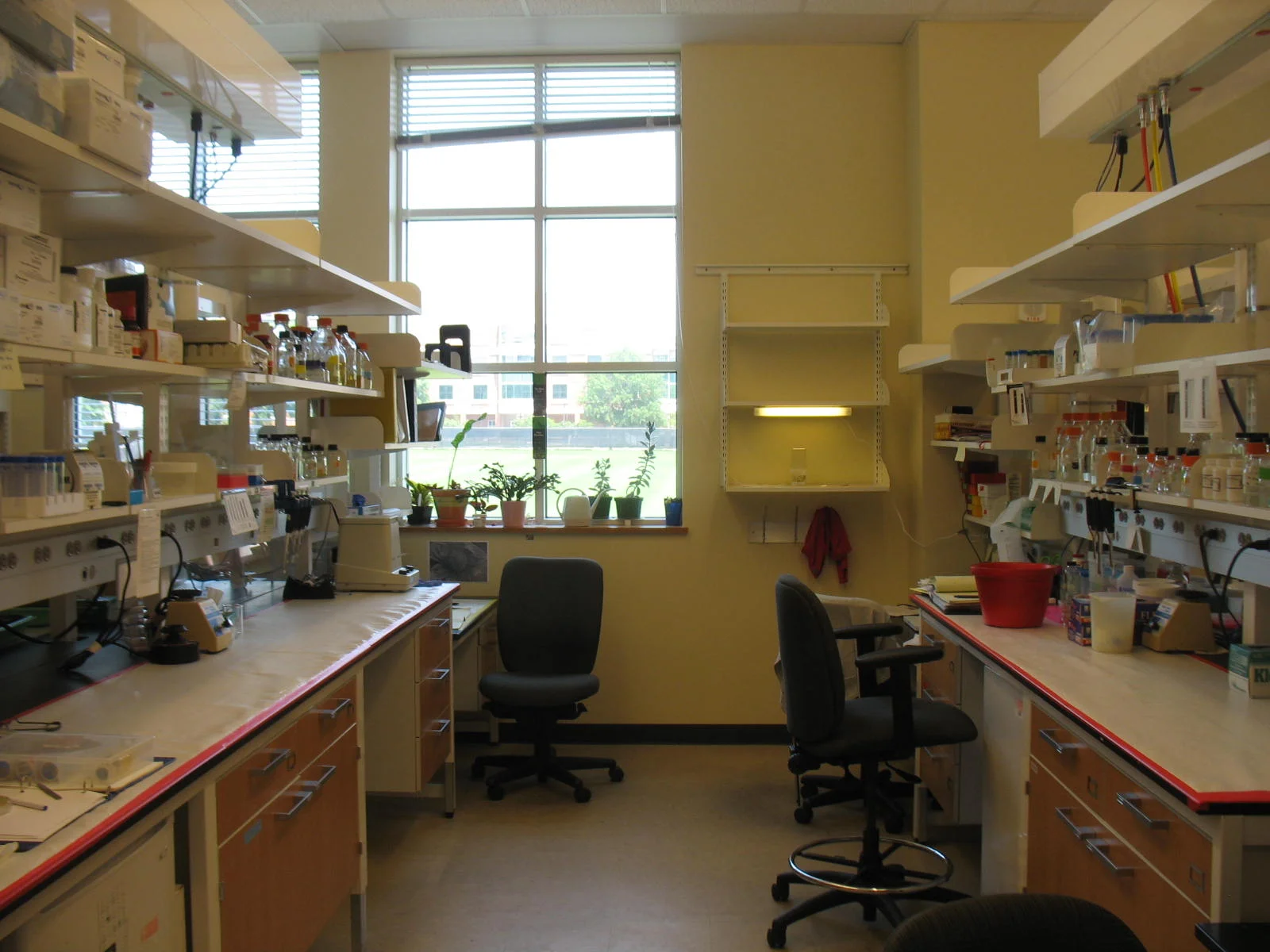The preliminary meeting should be completed by the 4th (BEES) or 5th (CBBG, MOCB, PSYS) semester.
Its purpose is to provide a venue for the presentation and critical analysis of the research proposal.
preliminary meeting
Prepare a short (20-30 minute) presentation of the proposed research. Include questions & hypotheses; methods & experimental design; preliminary data; broader context & significance of the project.
Expect to be interrupted with questions during your presentation.
Bring a copy of your unofficial transcripts to the meeting.
The day of the meeting pick up your file and report form from the BISI office.
PROCEDURE
Read the Official Preliminary Meeting and Qualifying Exam Policy and Procedure document.
Notify the BISI office of your meeting date and request a room at least 2 weeks before the meeting.
Write your research proposal in NIH or NSF format (discuss with your advisor).
Distribute your proposal to your committee 2 weeks prior to the meeting.
Feedback
After your presentation, the committee will discuss the strengths and weaknesses of your proposal, your presentation, and your overall content knowledge. They will then identify up to 5 content areas that will be focal topics for the Qualifying Exam.
Qualifying Exam
The qualifying exam must be completed by the end of the 6th semester. The exam is chaired by your advisor (or co-advisors) and should include all members of your doctoral committee. It is suggested that your Dean's Representative attend the exam.
To advance to candidacy, you must pass the qualifying exam. This exam is a defense of the student's doctoral research proposal, including its context and significance, as well as an assessment of the student's understanding of broader biological concepts.
The developing thesis project provides the framework for the qualifying exam, but questioning will also focus on determining whether the student has sufficient background knowledge, along with the abilities to think, synthesize, integrate, and communicate information that are required to successfully complete the Ph.D. degree.
The Exam
Revise your proposal following the suggestions discussed at your preliminary meeting. The BISI Office will help you reserve a room once you've decided on a date. The revised proposal is due to the committee two weeks prior to your exam.
You may be asked to prepare another presentation that presents a review of your research proposal to help initiate and guide discussion.
A full presentation may be required, specifically if there were significant deficiencies in the presentation at the preliminary meeting. If enough time has passed, or if the substance of the proposal has changed, the committee will need to be refreshed.
You should be expected to answer questions that cover the dissertation proposal, its broader context and significance, and general knowledge within the areas of specialization identified at the preliminary meeting.
Your chair (or co-chairs) is expected to facilitate discussion and ensure that all members of the committee have an opportunity to participate fully. Your chair is expected to maintain an impartial tone, but may participate in questioning as appropriate.
Extensions
Extensions require a written request from both you and your advisor. These requests must include a justification for the extension, acknowledgment from your advisor that you are on track and making good progress, and a proposed revised date for the preliminary meeting or qualifying exam. Extensions must be received at least 60 days prior to your meeting/exam. Extensions must be approved by the Concentration Area and Program Directors.
Evaluation
The committee will conclude that the student has passed or failed the exam on the basis of the student’s performance during the qualifying examination and on the basis of the written research proposal. The exam should cover both defense of the research proposal and a test of general knowledge. The following outcomes are possible:
Pass
Pass with recommendations (not requirements)
Does not pass, with requirements, but no need to retake the formal exam
Does not pass, with the option to retake the formal exam
Does not pass, without the option to retake the formal exam (results in dismissal from the program)
The student passes if all, or all but one, of the committee members cast positive votes. A vote to pass a student for admission to candidacy reflects an assessment that the student is now ready to move on to uninterrupted dissertation research. If the committee feels that the student is required to do something to achieve readiness, then this must be accompanied by a "no" vote (option 3). Any number of recommendations can accompany a "yes" vote, but these must not be mandatory. In the event that a student does not pass, the committee can detail whatever remedies it deems appropriate. The BISI administrators will review the requirements for consistency with University policies. Whether or not it is necessary to meet a second time is at the discretion of the committee.
The second (retake) exam will be scheduled when the major advisor considers appropriate, but no later than 9 months following the first exam. Failure to pass the second qualifying exam results in dismissal from the program. If the committee chooses option 5 above, the student will be dismissed from the program. In no case may a student repeat the exam a third time.
Paperwork
The necessary forms are linked below. Bring a copy of your unofficial transcripts to the meeting. Notify the BISI office if any members will participate remotely so that the appropriate paperwork can be sent to them. The Preliminary meeting, Qualifying Exam, and Dissertation meetings are accompanied by Outcome Assessment forms. The Outcome Assessments are important for the BISI program, but are not part of the student's academic record. The assessments are aggregated and used to measure student improvement and development throughout the program. Please work with your committee to complete all forms and return them to the BISI office either as hard copies or by email.
Preliminary Meeting
Qualifying Exam Meeting





